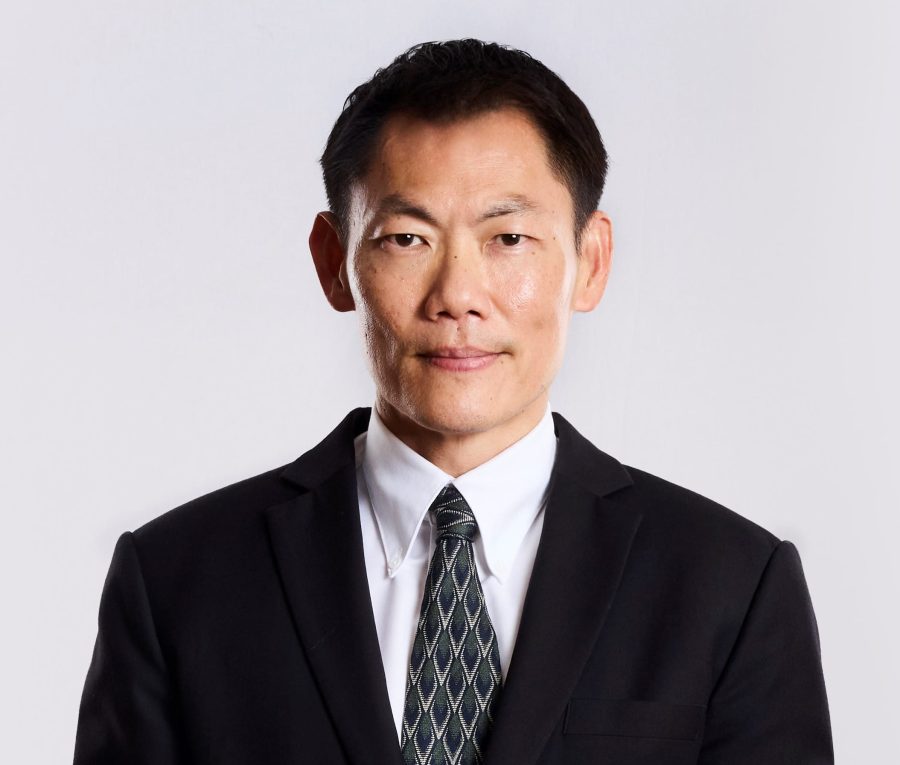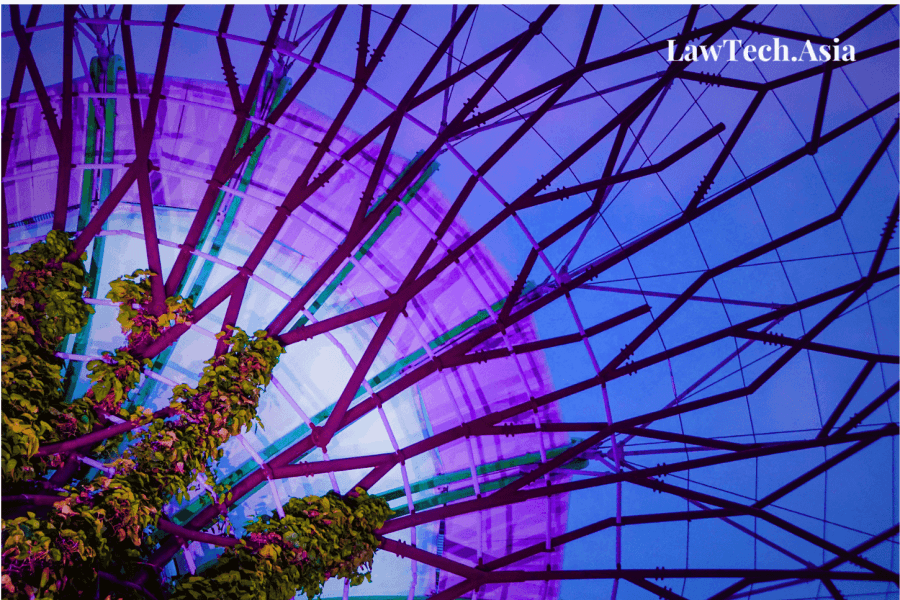Written by Catherine Shen | Edited by Josh Lee Kok Thong
In 2025, the author visited some well-known technology giants and legal tech companies in Beijing and Shenzhen, and conducted background research of the legal tech space in China[1] as part of the trip preparation. The article summarises some key observations and takeaways from that experience. Given the size and diversity of China’s market, any generalisation should be treated with caution. Readers should keep this in mind while reading the article.
Introduction
At a panel discussion on AI governance attended by the author in November 2025, one speaker (who cannot be named on account of the Chatham House Rule) referenced the common law of business balance “cheap, good, fast: pick two” to describe divergent global approaches to AI governance. Yet this familiar business adage does not always hold true in China. From consumer goods such as running shoes[2] and electric vehicles[3] to advanced technology such as AI models,[4] Chinese companies now routinely deliver products that are affordable, high-quality and rapidly iterated. Chinese brands are no longer dismissed as cheap knockoffs and are giving their established international counterparts a run for the money.[5]
Legal tech is no exception. Traditionally, legal services (not just in China) have been conservative, risk-adverse and harder to commoditise. Thus, it would not be a surprise if the legal industry remained rooted to the cheap-good-fast trade-off. The legal profession has also been comparatively slower in technology adoption compared to most other industries, at least before the emergence of generative AI. Yet, China’s legal tech scene is vibrant for its breadth of products, technical depth, speed of execution and commercial sophistication. Several structural conditions may have made this possible.





